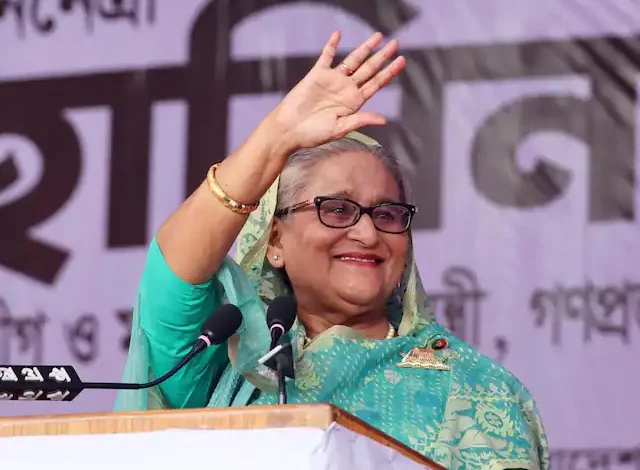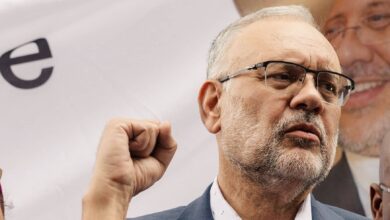
Can India deny an extradition request for Sheikh Hasina?
Bangladesh’s main opposition party BNP has called on India to extradite Sheikh Hasina, Bangladesh’s former prime minister who fled to India last month. However, the caretaker government led by Nobel laureate Muhammad Yunus has made no formal request yet.
Criminal cases have mounted against Hasina in Bangladesh since mass protests led to the dissolution of her Awami League government. With the BNP as the dominant political force now, the caretaker administration could face pressure to request Hasina’s extradition.
India and Bangladesh have an extradition treaty first signed in 2013 and amended in 2016. It facilitates the transfer of fugitives facing charges or convictions for crimes punishable by at least one year in both countries.
The treaty has benefited both nations in instances like India obtaining custody of ULFA leader Anup Chetia from Bangladesh. However, extradition can be denied if the request is deemed unjust, trivial, or politically motivated instead of criminal.
As calls grow for Hasina to face trial, legal experts will scrutinize the provisions of the India-Bangladesh extradition treaty. It allows denials for “political” offenses, as well as reasons including good faith, passage of time, or minor nature of allegations.
India has strategic interests in its relations with Bangladesh, as evidenced by Hasina’s friendly tenure. If Dhaka makes an extradition request, New Delhi will consider its response carefully under the terms of the existing legal framework between the two countries.



